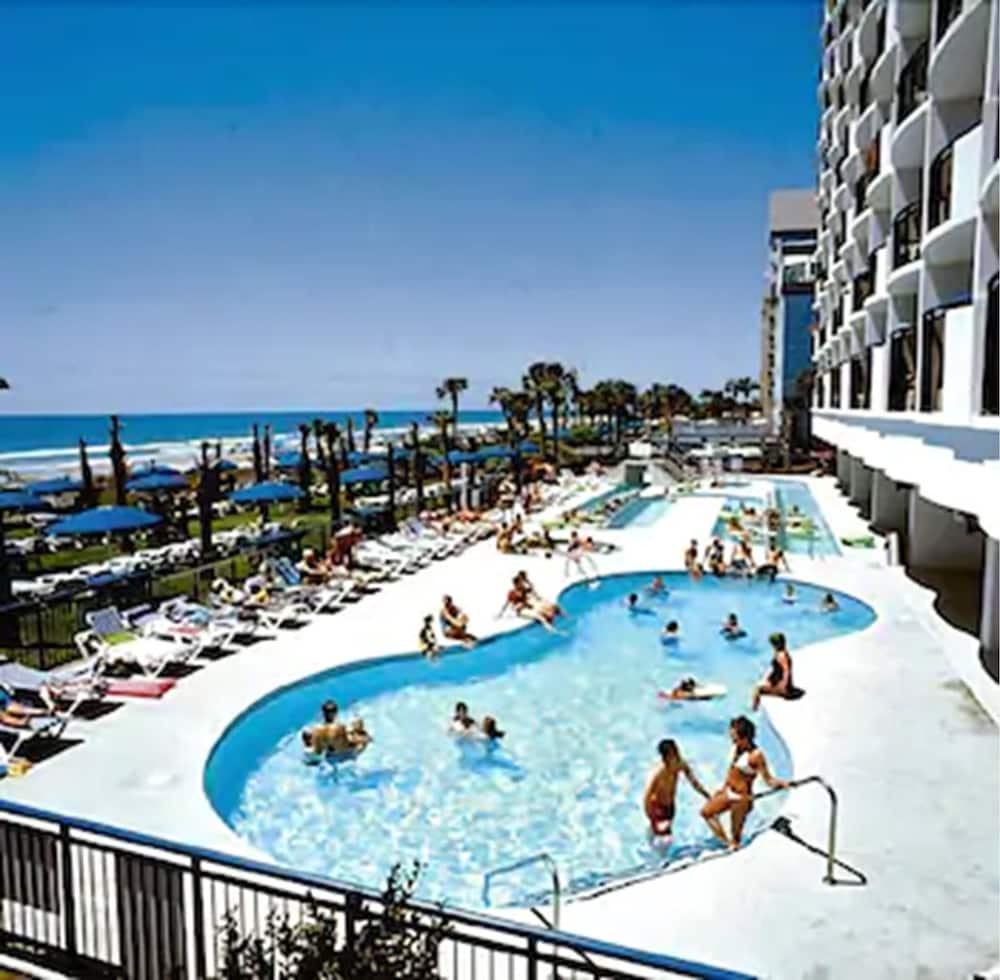In today’s digital age, a well-designed hospitality website can be the difference between a booked stay and an abandoned cart. The way a hotel or resort presents itself online directly impacts its reputation and customer retention. Understanding the nuances of hospitality website development is crucial for businesses striving to offer an exceptional digital experience to their guests.
Essential Features of a Top-Tier Hospitality Website
When embarking on a Hospitality Website Development project, it’s crucial to consider several key features that can elevate the user experience and streamline guest interactions:
- Mobile Responsiveness: With the surge of mobile browsing, ensuring your site adapts seamlessly to different screen sizes is fundamental. A mobile-friendly design can significantly impact a user’s impression.
- Intuitive Navigation: Users should effortlessly find information. Clear menus, logical layouts, and prominent CTAs (Call to Actions) guide prospective guests to book rooms or explore services.
- High-Quality Visuals: Eye-catching images and videos of the property can entice potential guests and showcase amenities effectively.
- Secure Booking Systems: Integrate reliable and secure reservation systems that protect user data and offer real-time availability.
- SEO Optimization: Enhance website visibility by leveraging SEO best practices, ensuring potential guests find your site easily on search engines.
Key Benefits of Professional Hospitality Web Development
Choosing professional services for hospitality website development offers various advantages. A well-executed digital strategy can transform visitor interactions and optimize operational efficiencies. Here are some notable perks:
- Brand Reinforcement: Consistent branding across digital platforms reinforces brand identity and ensures that guests remember their experience.
- Enhanced Guest Engagement: Interactive features such as live chat, virtual tours, and guest reviews engage visitors, offering them needed information in real-time.
- Improved Revenue Opportunities: Effective website design can introduce upselling and cross-selling opportunities, enhancing the average spend per customer.
FAQ: Navigating the World of Hospitality Website Development
Q: What is the most crucial element of a hospitality website?
A: While several elements are important, user experience tops the list. An intuitive and visually appealing interface that offers real-time information fosters guest satisfaction.
Q: How does SEO impact hospitality websites?
A: SEO enhances a website’s visibility on search engines, drawing more visitors. Implementing the right keywords and optimizing content increases the likelihood of attracting potential guests.
In conclusion, investing in robust hospitality website development can revolutionize a business’s online presence. The focus should be on creating a seamless, engaging, and interactive platform that aligns with the evolving expectations of today’s digital-savvy clientele.




